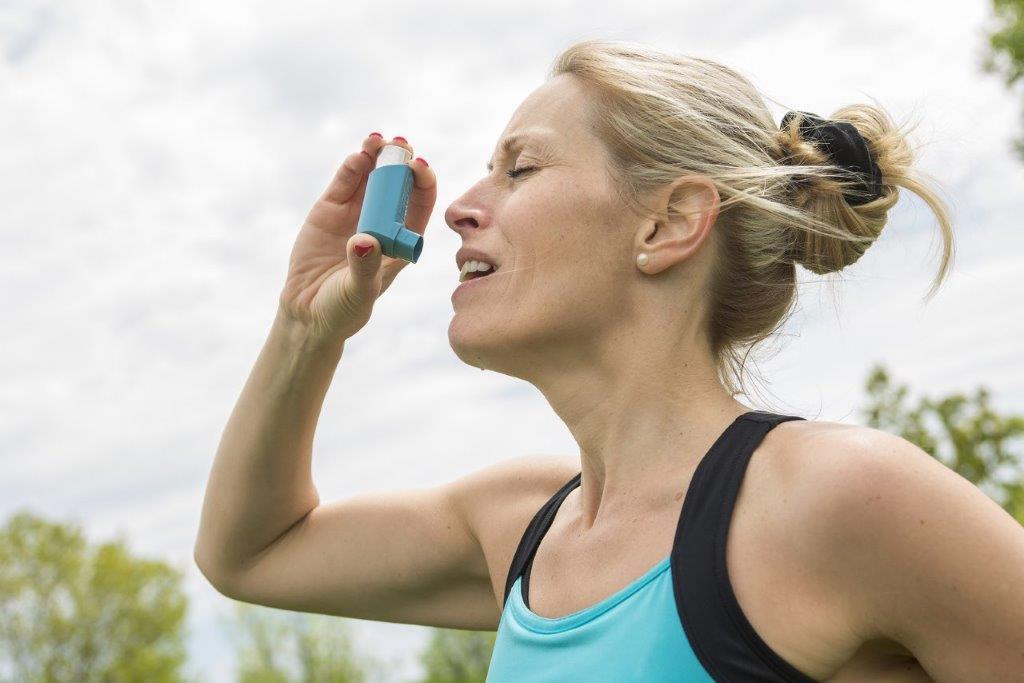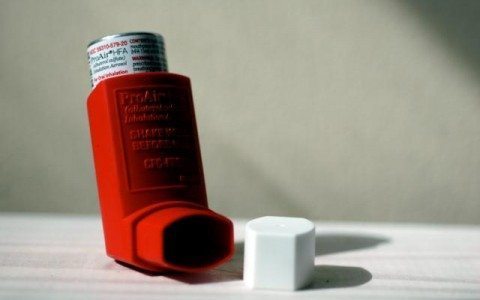How Houston Humidty Can Affect Your Asthma

Suffering from asthma is no joke, and everyone who experiences asthma attacks knows how weather conditions can affect it and make it worse. The weather gets lots of blame for lots of conditions, from achy joints to headaches, and in many cases, it’s air pressure or changes in pressure that brings on the suffering.
With asthma, changes in air pressure can also lead to a feeling of stuffiness or difficulty breathing, but humidity is one of the main culprits. If you live in an area that has high humidity, it’s important you understand how this can trigger asthma attacks so you can do all in your power to avoid them.
Houston Humidity and Asthma
Houston residents are well aware of how hot and uncomfortable it can get on a hot summer’s day. That’s because Houston’s climate falls into the humid subtropical classification. We know all about flooding, tropical cyclones, and supercell thunderstorms, and it’s no secret that the hottest and most humid periods fall between June and August.
But what exactly is ‘humidity’? You’ll most often hear weather forecasters talking about relative humidity (RH), which is the most common way of measuring how much water vapor is in the air. It’s measured as a percentage of the total amount of vapor the air could hold, so if the RH is 100%, the air is fully saturated.

Humid conditions in hot weather (it can also be humid in cold weather) are uncomfortable because our body’s cooling mechanism of evaporating sweat can’t work effectively. The surrounding air is so wet anyway, the moisture we generate has nowhere to go.
Houston has one of the highest humidity levels in Texas, regularly averaging around 75%, with the lowest averages falling around mid-afternoon.
Why Houston Humid Conditions Make Asthma Worse
Research reported in the American Journal of Respiratory and Critical Care Medicine suggests that shortness of breath and coughing is made worse in hot, humid environments. It’s thought that these conditions affect the normal functions of the air passages through heat stress, and can lead to increased asthma attacks.
Trapped pollutants, such as ozone and exhaust fumes, in the air only make things worse for city dwellers. It’s well known that during the hot summer months, and especially at the peak in late summer, trips to the nearest emergency room become more frequent.
As humidity rises, other summer pollutants present additional irritants, and these can include:
- Smoke from fires, whether natural or from barbecue fires
- Rising pollen counts
- Dust mites
- Mold
All these hang around in the air for longer than they normally would, adding to the already uncomfortable levels of moisture in the air.
Tips For Avoiding Asthma Attacks
While there’s no getting away from the heat and humidity in Houston during late summer, there are some things you can do to help ease asthma and stave off attacks.
Lifestyle and personal circumstances mean it’s impossible to follow all the tips, but abiding by the ones you can accommodate could help make humid months easier to get through.
- Control Allergies – allergies to pollen or mold can make your asthma worse and trigger more attacks. If you’re sneezing, feeling like you have a cold, have a blocked nose or streaming eyes, it’s worth consulting your doctor for an allergy check. Undiagnosed allergies can make asthma worse.
- Listen to morning weather forecasts – in particular the air quality index. When air quality is poor, plan accordingly and try to stay indoors as much as possible. If you’re driving, use your air conditioning to recirculate the air rather than opening windows or drawing outside air in. There are also smartphone apps that will keep you in touch with air quality.
- Beware the pool – while swimming is often recommended as good exercise for asthma sufferers, the chlorine in water can act as an irritant. It affects some, but not others, so monitor your own reactions around the pool and stay away if necessary.
- Choose your outdoor times carefully – often it’s a question of balancing heat with humidity. The air may be cooler in the mornings, but can still carry high humidity, which may make asthma worse. On the other hand, the lower humidity in the afternoons in Houston are offset by higher temperatures. Individual reactions may differ, with some coping better in lower temperatures despite higher humidity readings.
Sometimes, coping with Houston humidity can mean a few lifestyle changes. But if those changes mean you can get through the day with fewer asthma attacks, on balance it’s probably worth it.
Used under Creative Commons image attribution license 2.0




